Macular Degeneration Eye Health
While there is currently no cure for macular degeneration, there are lifestyle elements within our control that can greatly benefit those with visual impairments, and some may even lower your risk for macular degeneration.

Tips for Healthy Vision
The following suggestions may help protect vision, improve overall health, and lower the risk of developing macular degeneration. Even after diagnosis, experts advise continuing these healthy habits:
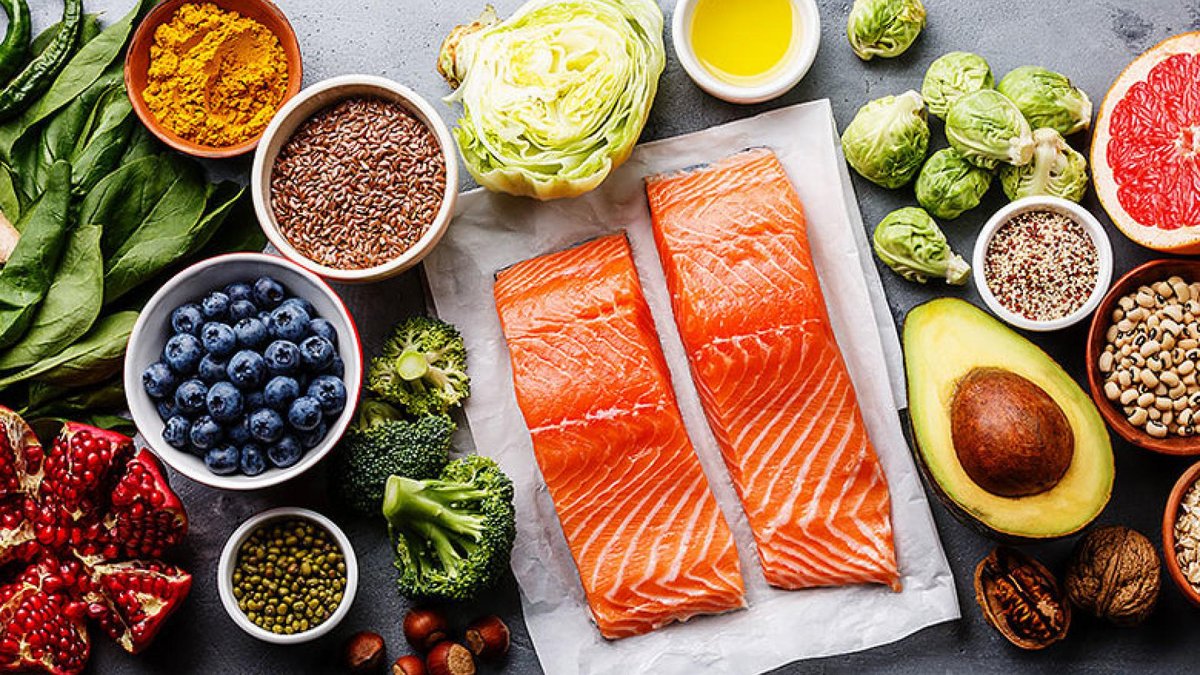
Eat a nutritious diet
Include eye-healthy foods in your diet, such as green leafy vegetables, yellow and orange fruit, fish, and whole grains. Naturally occurring carotenoids (especially lutein and zeaxanthin), antioxidants (such as vitamins C and E), vitamins A and D, zinc, and omega-3 fatty acids may contribute to better vision.
If you’ve already been diagnosed with age-related macular degeneration, talk to your doctor about certain vitamins that can help slow the progression of the disease and decrease your risk of losing central vision.

Exercise and maintain a healthy weight
A person with a BMI (body mass index, a measure of body fat) greater than 30 is 2.5 times more likely to develop macular degeneration than someone with a lower BMI. Talk to your doctor about developing a modified exercise plan to ensure your safety. Maintaining normal blood pressure is also advised.
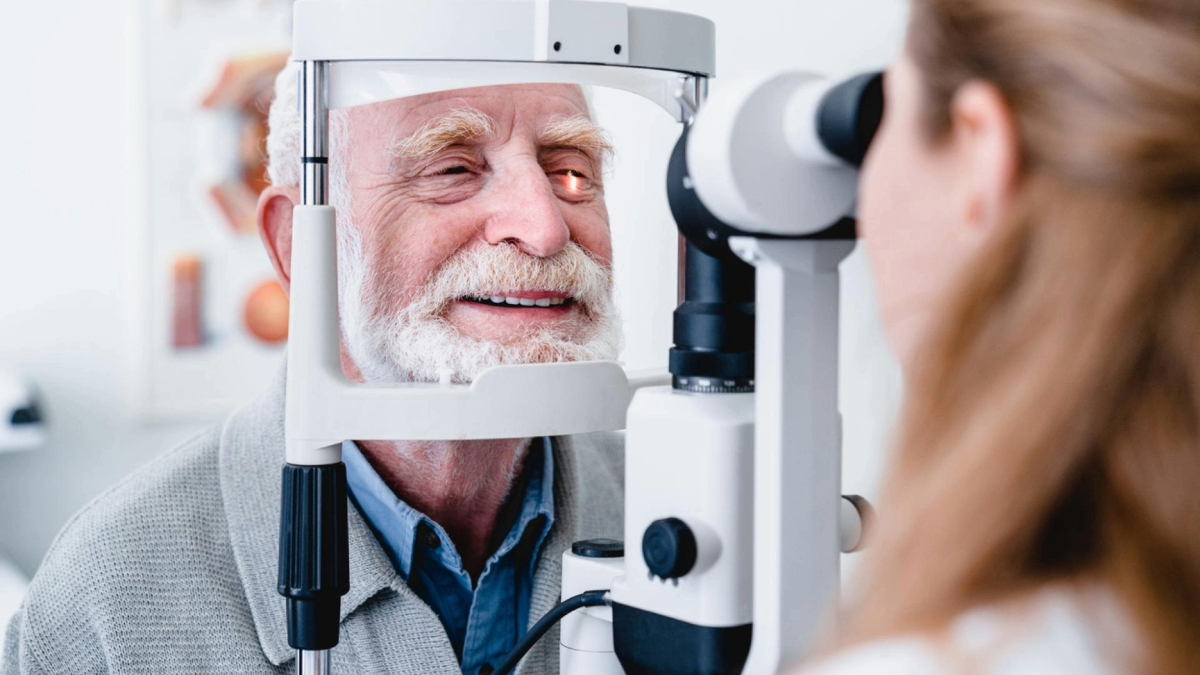
Get an annual eye exam
To monitor your eye health, it is recommended to get an eye exam each year; however, be sure to consult your doctor right away if you notice any vision changes.

Don't smoke
Smoking increases a person’s chances of developing macular degeneration by two- to fivefold. Because the retina has a high oxygen consumption rate, anything that affects oxygen delivery to the retina may affect vision. Smoking causes oxidative damage, which may contribute to the development and progression of this disease.

Wear sunglasses and hats outdoors
Although the evidence is inconclusive, some studies suggest an association between macular degeneration and cumulative eye damage from ultraviolet (UV) and other light. To mitigate sun exposure, try wearing a hat and sunglasses when outside.
Finding the Best Diet & Nutrition for Macular Degeneration
What are the best foods to lower your risk of developing age-related macular degeneration (AMD)? If you already have AMD, can changing your diet slow the progression of the disease?
Learn more in this episode of Macular Chats with eye health expert Dr. Sheldon Rowan.
Vitamins for Preserving Vision
The Age-Related Eye Disease Study 2 (AREDS2), sponsored by the National Institutes of Health, has identified a vitamin formula to help support and preserve vision for people whose retinas have a certain number of white spots called drusen and are at higher risk for macular degeneration.
Resources
Browse Related Resources
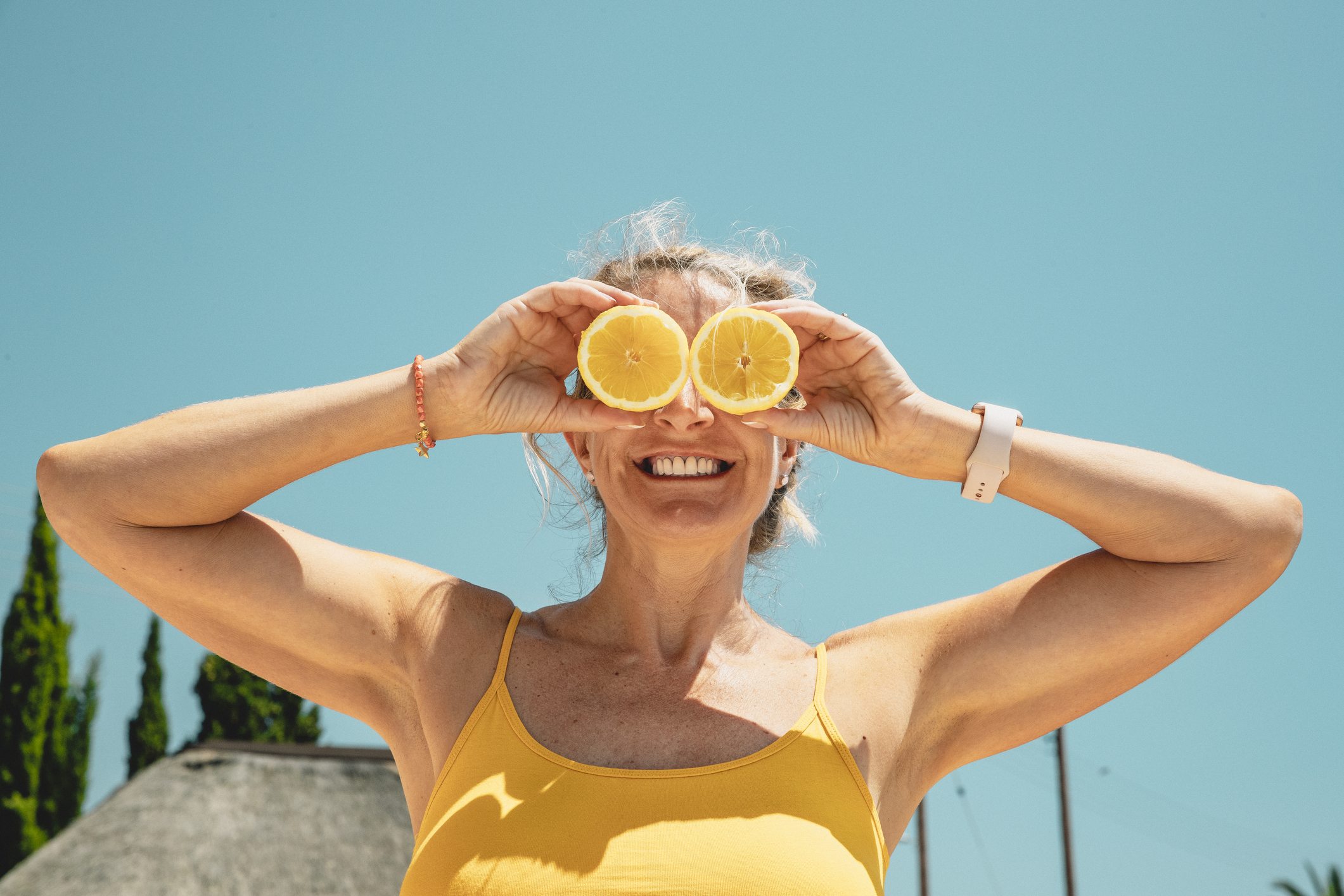
Expert Information
Function of the Normal Macula
Macula 101—how this eye part works and how to keep it healthy.

Macular Chats
Adapting to Life with Low Vision
Learn about practical tips for maintaining quality of life with low vision.

Podcast
How Diet and Nutrition Impact Macular Degeneration
Learn about the connection between diet, nutrition, and macular degeneration, and the role of the gut microbiome in vision health.

Expert Information
Top Vision Foods to Include in Your Diet
Are you eating the foods that are best for protecting your eyes? Learn which foods boost your vision health and help protect against eye diseases.

Expert Information
Macular Degeneration: Vision Loss and Mental Health
Learn about the link between macular degeneration and mental health. Learn how AMD affects emotional well-being and find resources for coping with vision loss-related stress and depression.
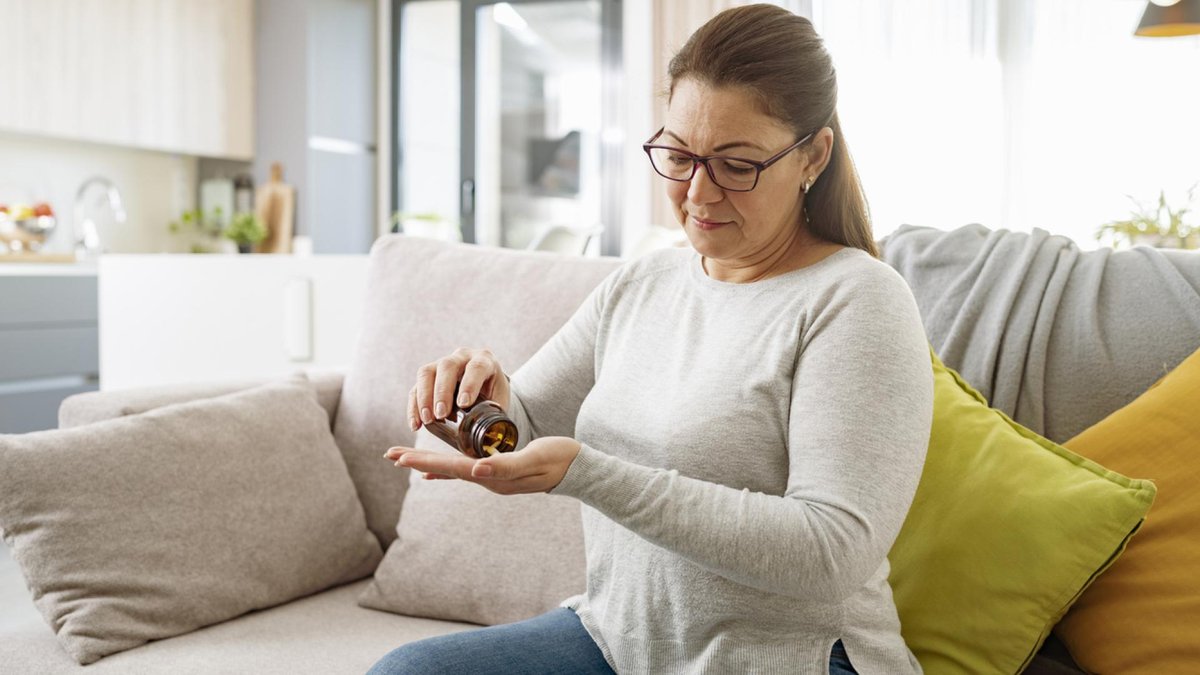
Expert Information
Does Aspirin Increase the Risk of Permanent Vision Loss from Macular Degeneration?
Can regular aspirin use increase your risk for age-related macular degeneration? Find out more.
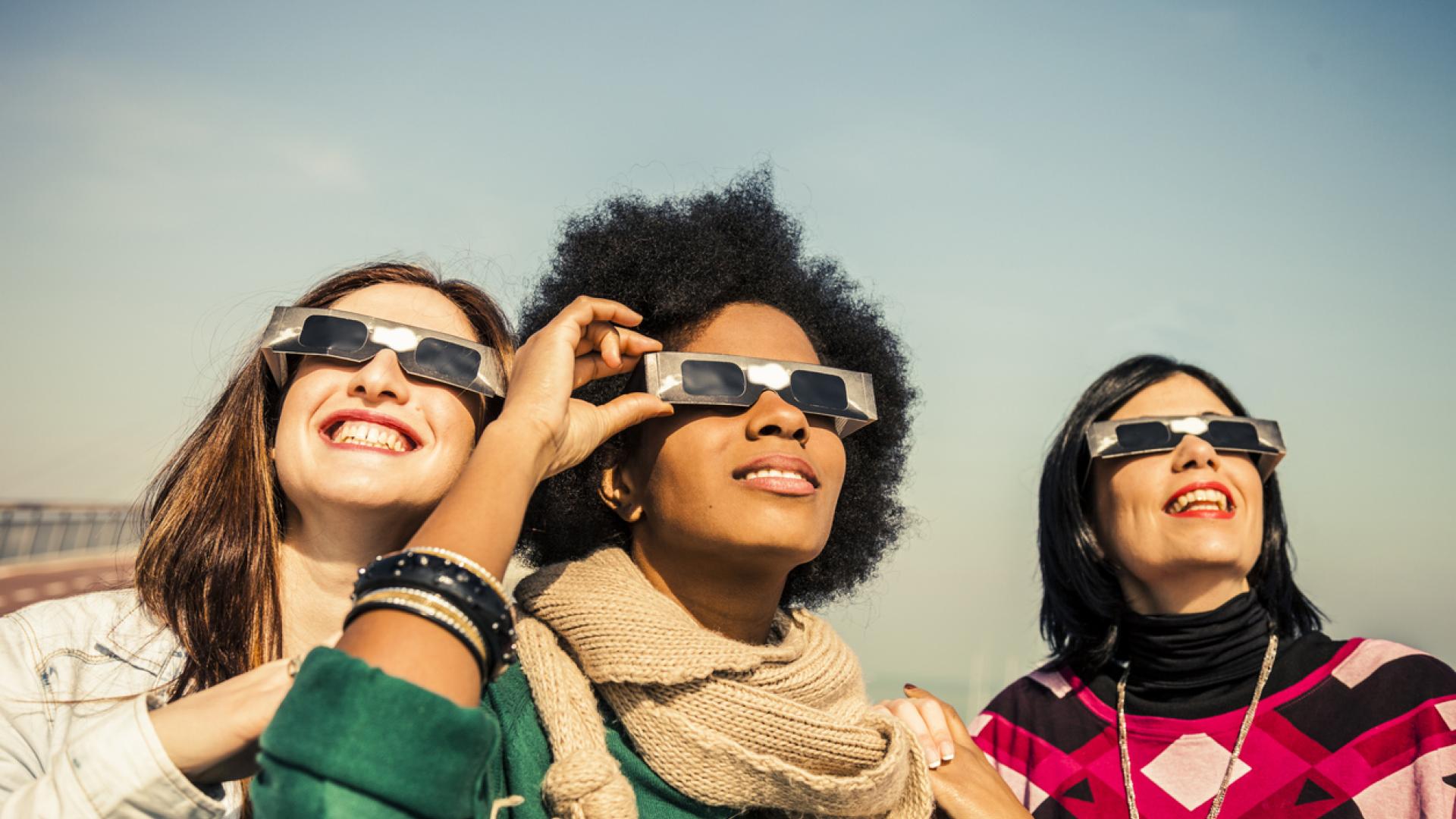
How to Safely View a Solar Eclipse
A total solar eclipse occurs when the moon completely blocks the sun from our view. While this event is sure to be awe-inspiring, it is extremely important to ensure you are viewing the eclipse with the appropriate safety measures in place.
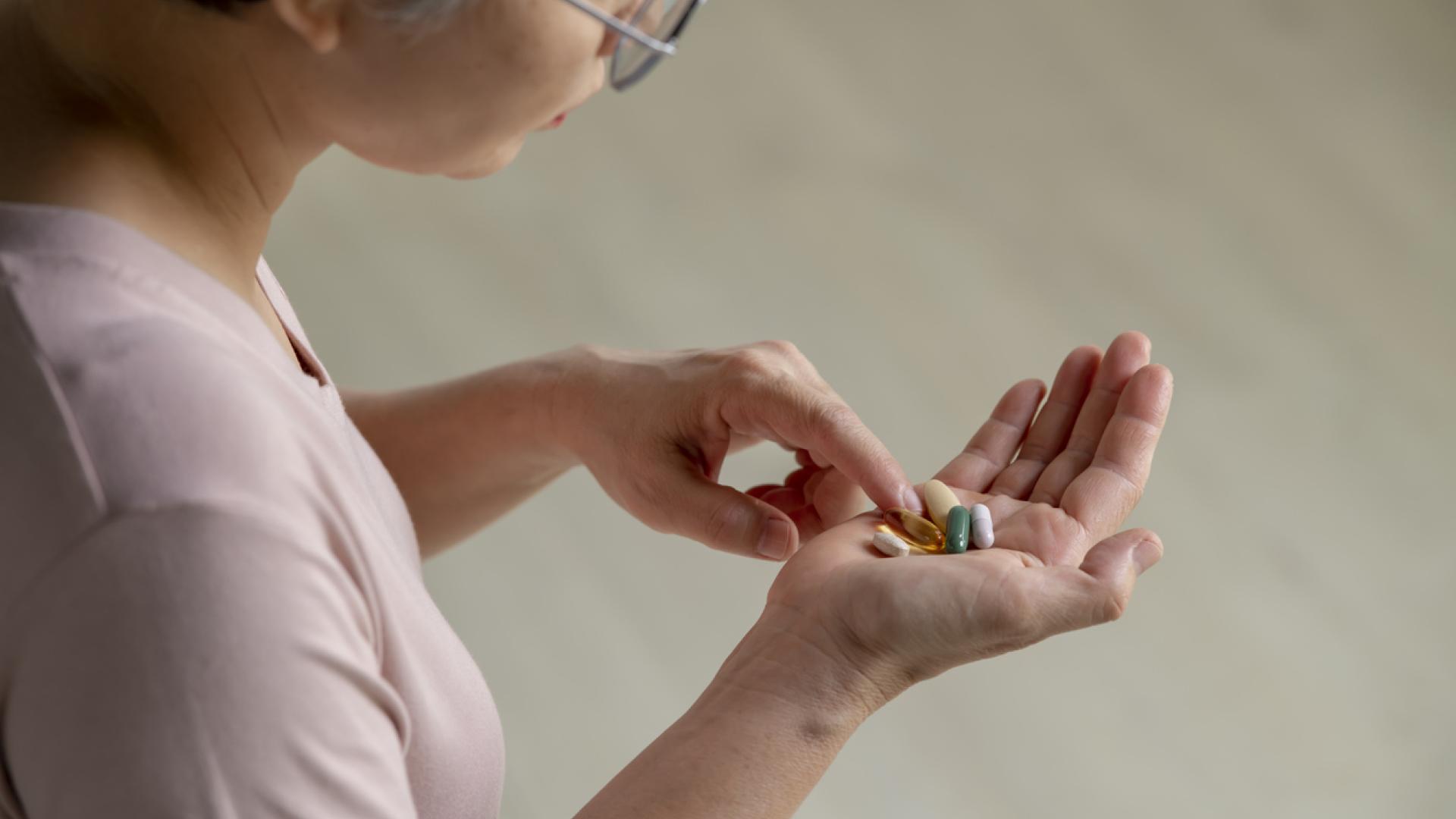
Expert Information
Vitamins for Age-Related Macular Degeneration: Do You Have the Correct Formula?
Do your macular degeneration vitamins meet the standard? A study found some eye health supplements had incorrect labels. Learn more.
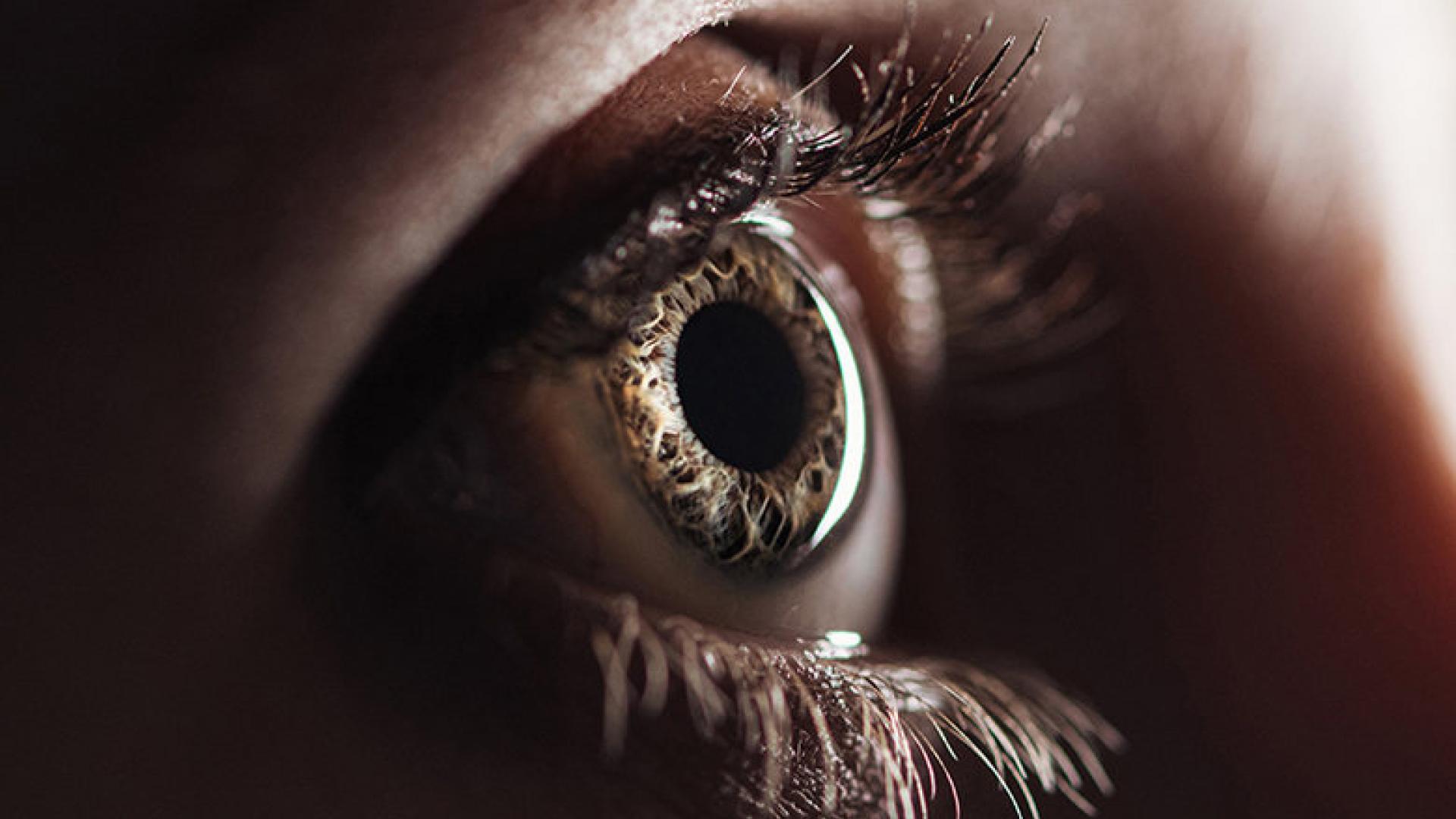
Expert Information
Macular Degeneration & Coronavirus: Tips for Patients
Tips for those with age-related macular degeneration who are at greater rise of COVID-related complications on how to both protect your eyesight at stay safe from the virus.



